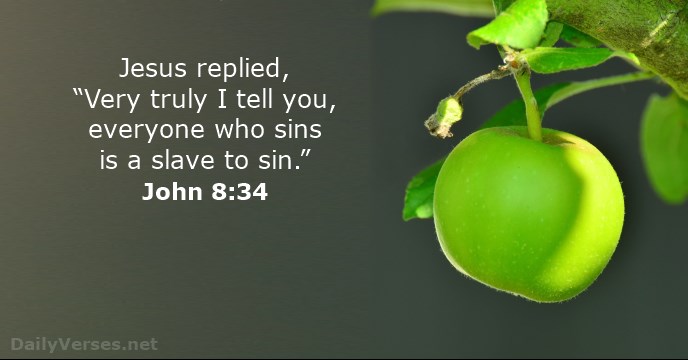Even among Christians, sin is not always seen as our deepest or primary problem. Sin tends to be viewed as one of those problems that come up occasionally, not a core feature of one’s being.
Sin by its very nature is more often quiet and secretive than loud and public. According to Scripture, the greatest sin of all:
I do not love the Lord my God with my whole mind and heart.
If our failure to consistently worship the true God is the key feature of sin, we are all sinners. [Repeating] Sin tends to be viewed as one of those problems that come up occasionally, not a core feature of one’s being.
KEY POINT
If sin is not our core problem, the gospel itself – the thing of first importance – is marginalized. If sin is not our primary problem, then the gospel of Jesus is no longer the most important event in all human history.
If we think of sin only as overt, calculated disobedience, we will not find what we are looking for in scripture. But sin is more than self-conscious rebellion against God. Sin is also a blinding power that wants to control and enslave us.
Sin is more than conscious choices. Like a cruel taskmaster, sin victimizes and controls us (John 8:34). It captures and overtakes (Galatians 6:1). In fact, there are times when we intend to do one thing, but sin causes us to do things we don’t want to do. Even though we may really want to change, it can seem like an overwhelming or impossible task to actually do so.
This enlarged perspective indicates that in sin, we are both hopelessly out of control and shrewdly calculating; victimized yet responsible.
Practiced, repeated sin results in slavery, a multitude of painful consequences, and God abandoning His child to her desires so she is left always wanting one more.
Slavery of sin is one for which we are responsible, and we can be empowered by God’s grace to turn from it. Grab hold of His love and His saving, amazing grace.
—
Most of this is straight from chapter 2 of “Addictions: A Banquet in the Grave: Finding Hope in the Power of the Gospel by Edward T. Welch”. Some of it is also paraphrased.
